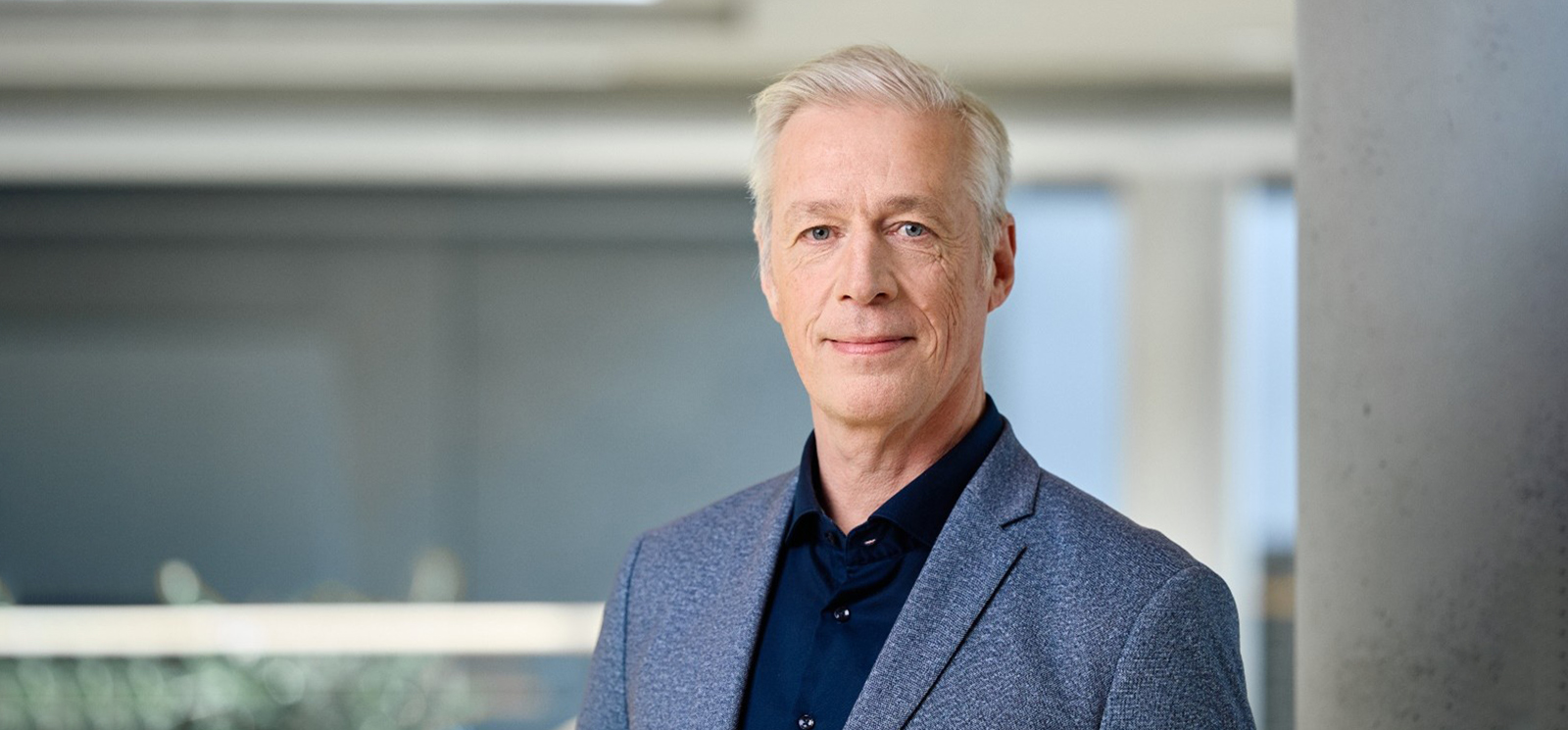“Europe plays a central role in open science internationally”
New President of the EOSC Association Klaus Tochtermann on Europe’s science of the future

Photo: Sven Wied
The European Open Science Cloud (EOSC) is one of the key future projects in the European science landscape. It promises researchers easy and cross-disciplinary access to research data and technologies. But how can the European Open Science Cloud be financed sustainably and managed efficiently? How can the diverse interests of stakeholders from across Europe be adequately taken into account? And what technological and organisational challenges need to be overcome to ensure the long-term success of the EOSC? Prof. Dr Klaus Tochtermann, the newly elected president of the EOSC Association, talks about key issues in European science policy in an interview.
Mr Tochtermann, what goals have you set for your term as EOSC President?
Prof. Dr. Klaus Tochtermann: My term of office will be shaped by three key priorities: First, securing sustainable funding and strategic governance for the EOSC beyond 2027. Second, the comprehensive and balanced involvement of all stakeholders in order to adequately represent their diverse interests. And third, further developing the governance structures to enable agile decision-making.
What challenges do you currently see for the EOSC?
Prof. Dr. Klaus Tochtermann: The creation and sustainable operation of a robust technological infrastructure, the EOSC Federation, is particularly challenging from a strategic perspective. This involves linking European research data centres and repositories. In addition, organisational changes are necessary to enable decisions to be made more quickly and efficiently.
What role does Europe play in the international open science dialogue?
Prof. Dr. Klaus Tochtermann: Europe plays a central role internationally. With the EOSC, a groundbreaking infrastructure is currently being created that is attracting worldwide attention in terms of its scope and ambition. Our experience can serve as a model for other regions, especially with regard to long-term and inclusive cooperation in complex stakeholder landscapes.
How can researchers benefit from the EOSC in concrete terms?
Prof. Dr. Klaus Tochtermann: The EOSC gives researchers easy, cross-disciplinary access to high-quality research data from a wide range of disciplines. The EOSC makes research processes much easier by bundling data access that would otherwise be scattered. In addition, the EOSC offers practical guidelines and tools for effectively anchoring open science in institutional practice.
Thank you very much!
*You can listen to the full interview with Prof. Dr. Klaus Tochtermann in the ZBW podcast “The Future is Open Science” in episode 52 (in german).
This text was translated on 14 July 2025 using DeeplPro.
About Prof. Dr. Klaus Tochtermann:
Klaus Tochtermann is a nationally and internationally recognised architect of the open science movement with a focus on research data management. The director of the ZBW – Leibniz Information Centre for Economics and expert on digital information infrastructures and open science, he brings extensive experience to the design of the European Open Science Cloud. He has been closely involved in the development of the EOSC from the outset. Since 2015, he has played a key role in the two High Level Expert Groups on the European Open Science Cloud set up by the European Commission, which have driven forward both the strategic foundations and the practical implementation steps of the EOSC.
Contact: https://www.zbw.eu/de/ueber-zbw/profil/mitarbeiterprofile/profil-prof-dr-klaus-tochtermann
LinkedIn: https://www.linkedin.com/in/klaus-tochtermann/
